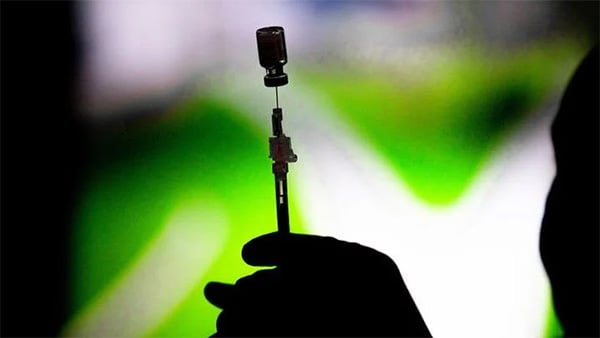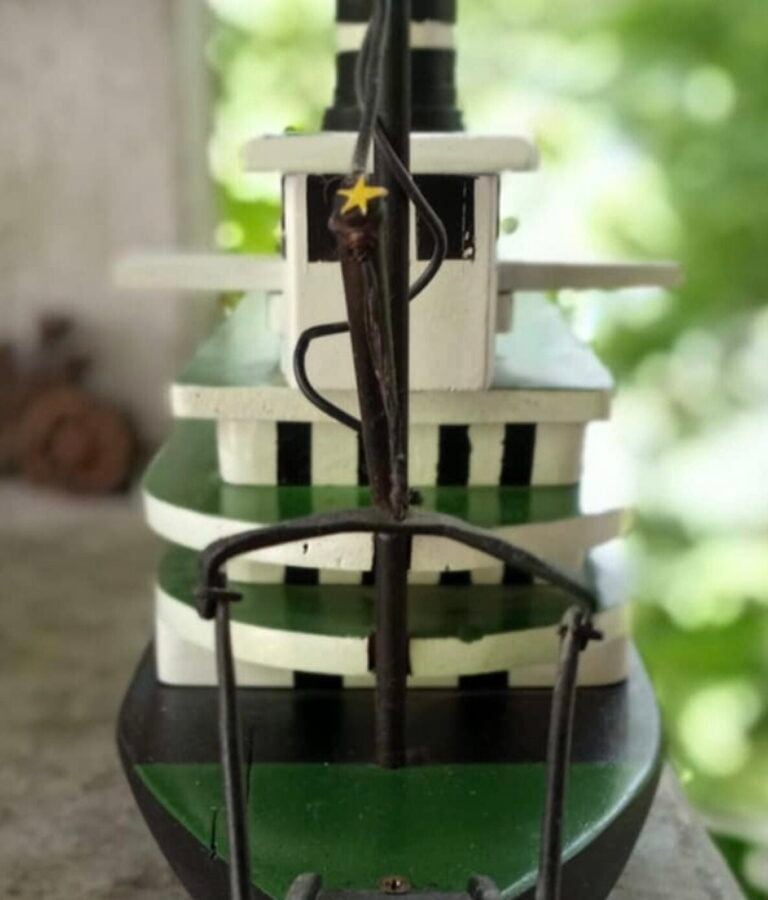By Nadia Ramlagan
Public News Service
Kentucky has rapidly lost its wetlands over the past few decades, and advocates say the recent gutting of federal protections for marshes and other ecosystems saturated by water could imperil local drinking water quality.
Michael Washburn, executive director of the Kentucky Waterways Alliance, explained wetlands provide natural large-scale water filtration, serve as carbon sinks, and act as buffers during flooding events. He said the rollback of federal protections leaves little recourse for advocates working to address the issue through state-level policy change.

“The Kentucky Legislature has effectively tied its own hands,” Washburn insisted. “They can’t actually do anything to make water quality any better, because they’ve constrained themselves to being no more proactive than what federal law permits, which is a problem.”
Under a controversial U.S. Supreme Court decision last spring, only wetlands with a continuous surface connection to larger waterways are federally protected from industrial pollution discharge or dumping.
Washburn added it’s difficult to restore wetlands after they’ve been eroded.
“Kentucky has already lost probably more of its native and natural wetlands than any other state in the southeast, maybe even in the country,” he continued.
The Kentucky Waterways Network is a new statewide coalition that aims to tackle the issue locally. Washburn said the network is working to help communities draft and implement watershed protection restoration plans, provide water sampling training, and is offering grants to help address pollution.
“There are 90,000 miles of waterways in Kentucky, which is a staggering amount. It’s the most waterways of any state in the continental United States. We’re only exceeded by Alaska,” she said.
Around 3.5 million Kentuckians rely on surface-water sources, which include nearly 700 drinking-water systems statewide, according to the University of Kentucky Geological Survey.

















